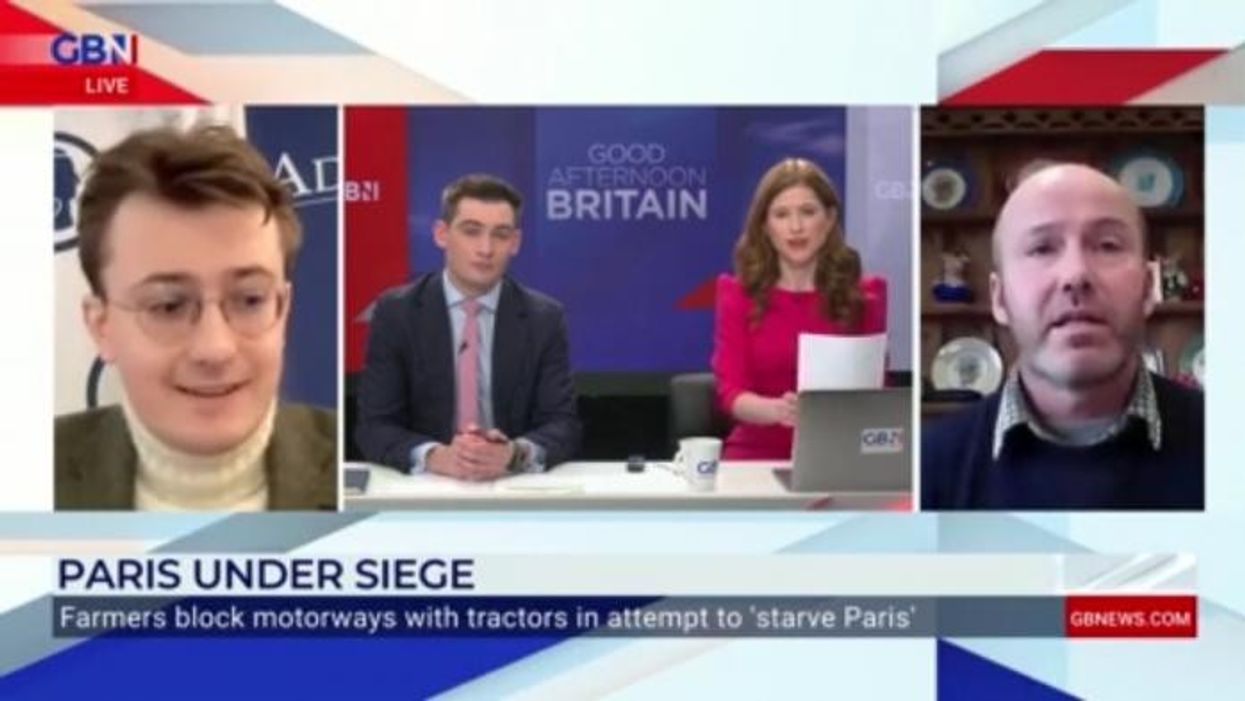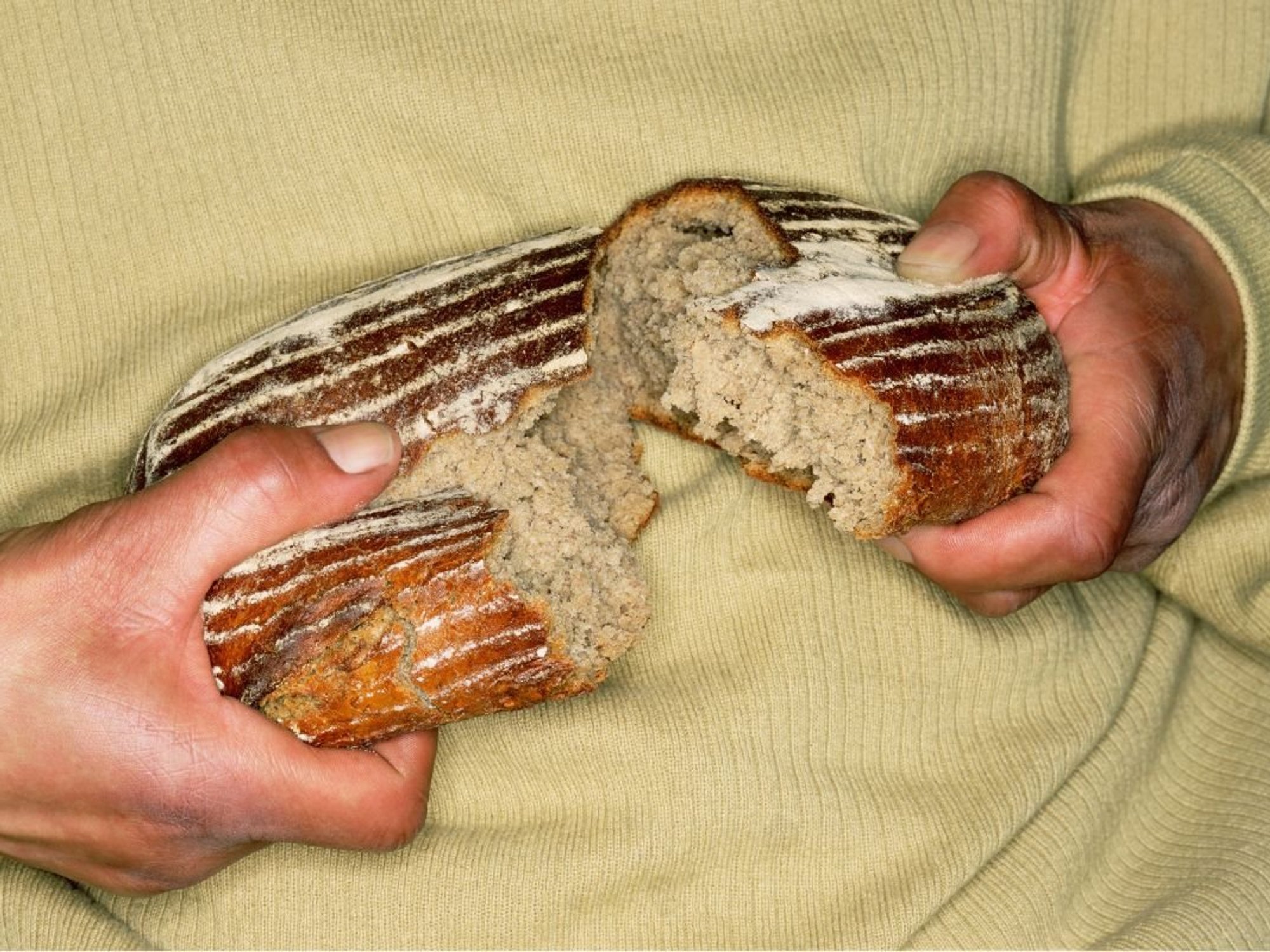Furious farmers burn sheep wool on huge bonfires in angry protest at 'measly' prices

‘It’s a sad situation… I might get a cheque for £30 – it’s not worth it’ one farmer said
Don't Miss
Most Read
Protesting British farmers vowed to continue to “burn and bury” sheep wool as low material prices have left the industry at “real risk”.
The wool, most of which is sold in bulk through trade board British Wool, has seen a long-term price slump – meaning sales are “not worth it” for UK producers.
Jade and Richard Bett, sheep farmers from Lincolnshire, said throwing their wool on bonfires was a decision made “out of protest as well as practicality”.
They described the payment made by British Wool for their produce was “measly”, and said it was “not viable” to send to the trade body.
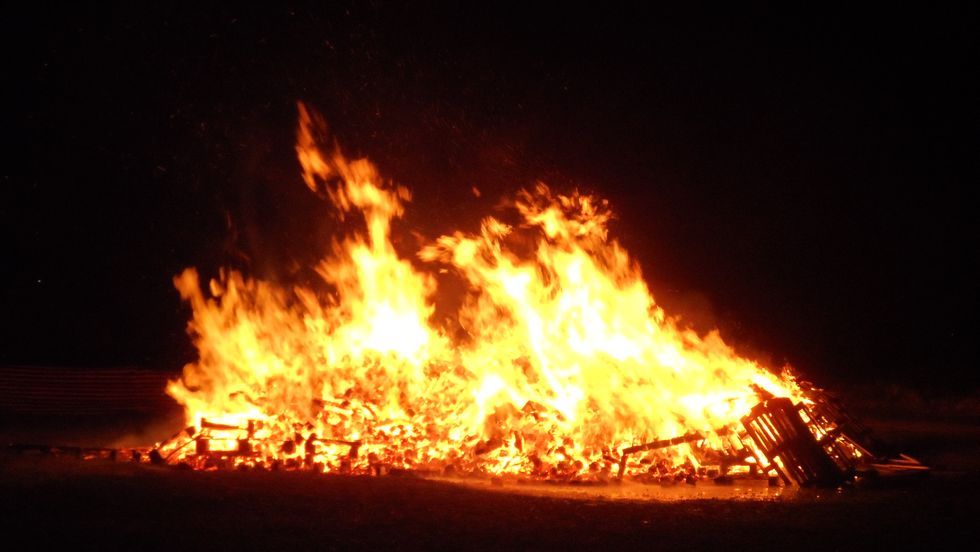
Farmers like the Betts have taken to burning their wool on bonfires in response to 'measly' prices
|Wikimedia Commons
“It's a sad situation… I might get a cheque for £30 – I've got to take my time and transport it – It's not worth it,” Jade Bett told the BBC.
The ‘wool cheque’ paid out by British Wool for farmers’ efforts used to be enough to cover their rents for a year – but no longer, the National Sheep Association’s Nicola Noble said.
Wool burnt in protest at prices was a “real risk to the whole industry”, she continued.
Noble said: “If everyone has that attitude of ‘it's costing me too much money to send it, I'm going to burn it and bury it’, then British Wool is no more.”
LATEST DEVELOPMENTS: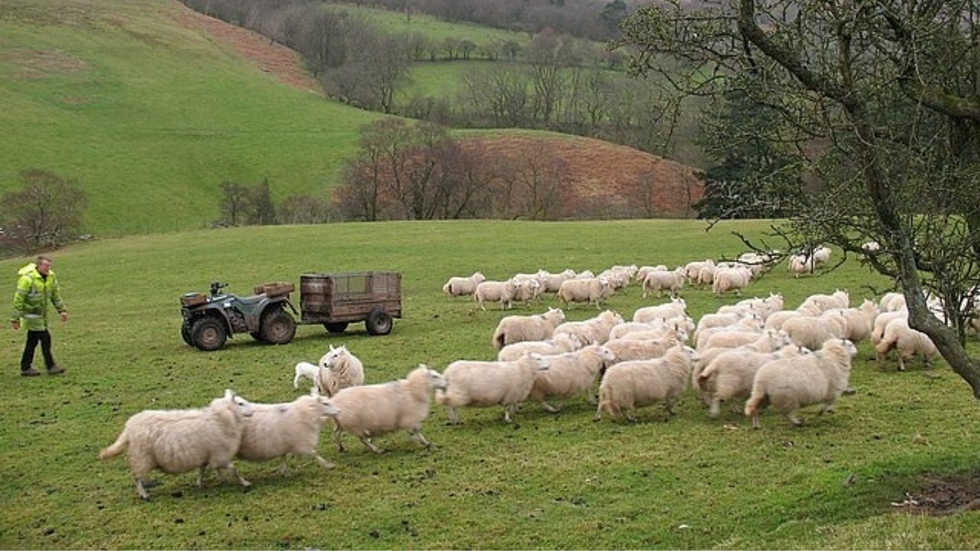
British Wool's 'wool cheque' used to be enough to pay rents on sheep farms like this for a whole year
|Wikimedia Commons
Despite its marketing as an up-market, sustainable fabric, wool has seen a decades-long threat from mass-produced synthetic materials.
Synthetics are much cheaper and less labour-intensive to produce and have eaten up wool’s market share as a result.
Covid-19 saw a sharp drop-off in wool prices; the pandemic saw the average price per kg for fleeces sink by 50 per cent from 60p to 32p.
Prices have recovered since – they may never reach the 1950s highs of £14 per kilo, but sales this year have seen the material sold at auction for 87p.
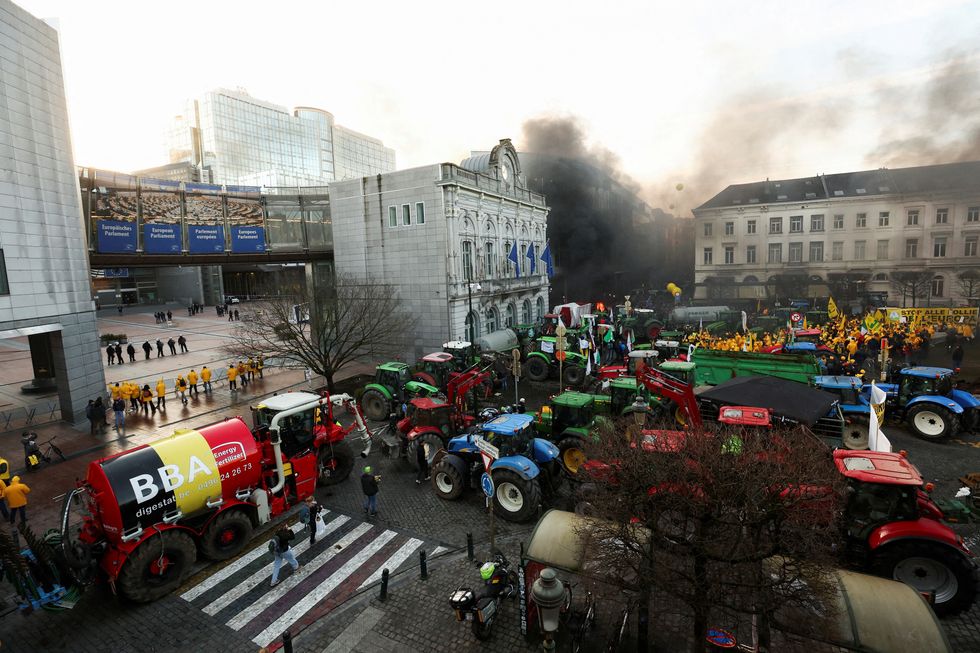
Farmers protested outside the European Parliament in Brussels against unfair work and pay conditions
| ReutersThat has not been enough to placate protesting farmers – in 2022, they received just 26p for every 75p worth of wool sold – but British Wool’s Director of Marketing Graham Clark was bullish about wool price prospects.
In a statement this January, Clark said: “Over the past few months we have seen a healthy improvement in both demand and prices at our auctions.
“Generally, prices have increased by 20 per cent with some of the more sought-after types gaining 15p to 20p per kilo… Our auctions are more competitive than they have been in years with several new buyers entering the fray over the last couple of years.
“Although we are still some way off where we need to be, these gains are very encouraging, and will help support member returns this year.”The wool protests come as farmers across Europe have taken to the streets against “falling incomes, increasing bureaucracy and cheap imports”.
Farmers blockaded roads in Paris, while crowds of hundreds clashed with police outside the European Parliament in Brussels to campaign for fairer terms of work and pay.


